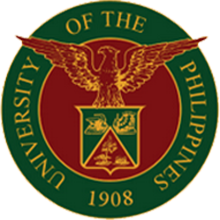Abstract:
Urbanization has become a significant driver of aquaculture in the rapidly expanding cities of the global South. Using a case study of Laguna Lake and Metro Manila in the Philippines, this paper disaggregates the urban as a driver of aquaculture, and examines the social relations that structure urban-oriented aquaculture. It integrates access analysis with the value chain heuristic to identify how urbanization shapes domestic aquaculture value chains, and to map access mechanisms for firms and actors engaged in these chains. Macro-level urban processes drive aquaculture in at least four ways: as a source of demand for fish, as a source of input and capital flows, as a set of activities that transforms sites of aquaculture production, and as a sociocultural discourse. Micro-level mapping of access in the urban value chains shows a multitude of actors who derive benefits that range from direct participation in fish production and exchange to the indirect consumption benefits associated with lower-priced fish. Benefit and access mechanisms are unevenly distributed across the chain, and are configured and reinforced by social relations tied to place-based institutional contexts. Access analysis of urban value chains within the framework of urban drivers presents a means to evaluate the sustainability, poverty alleviation and development goals of aquaculture amid increasing urbanization.
Publisher's Version
